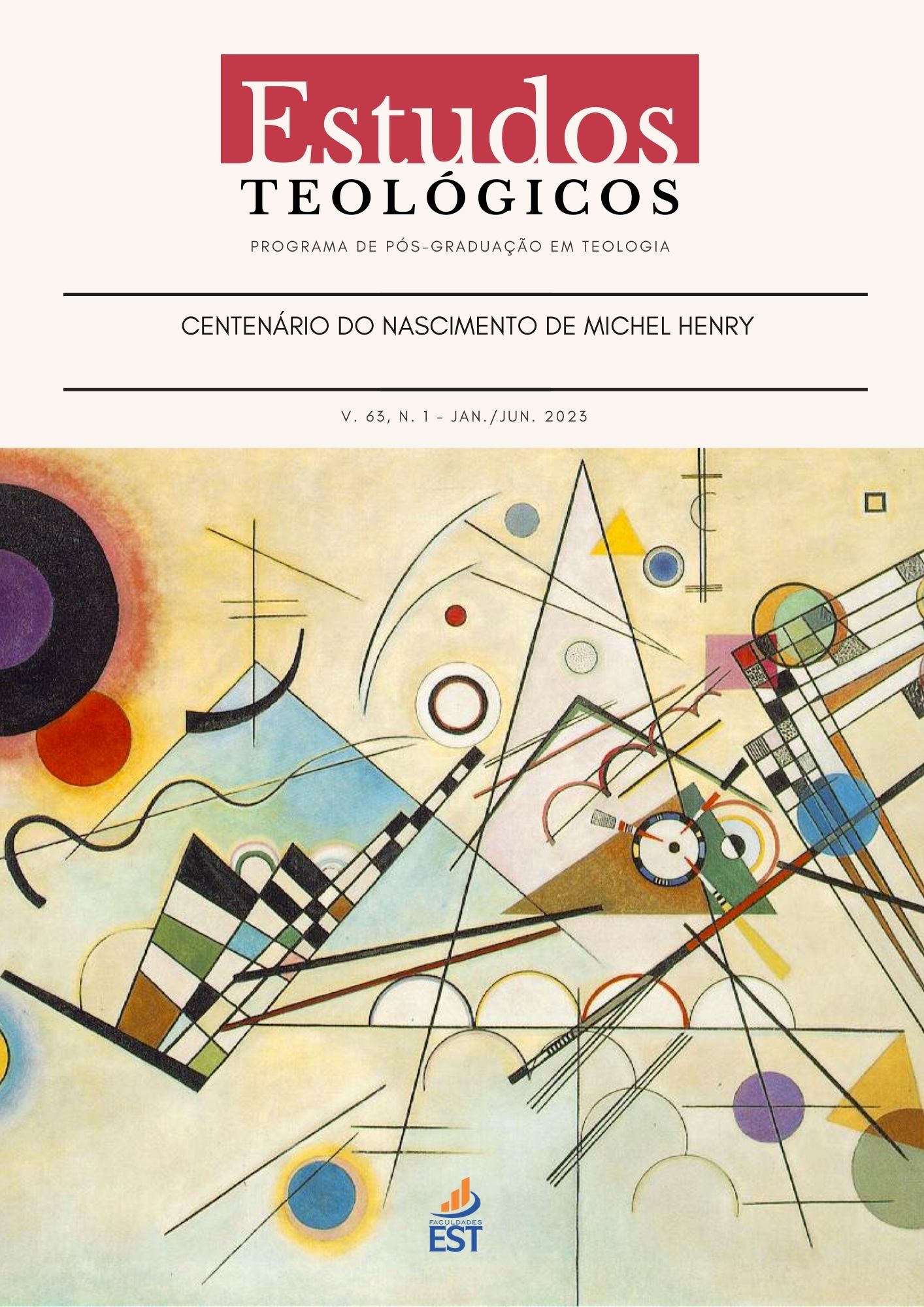From the barbarity of discourse of the world to the phenomenality of life
the (in)direct language of revelation in Michel Henry
Keywords:
phenomenality, language, poetics, life, meaningAbstract
The article aims at investigating the eminently linguistic character of the phenomenality of life, having some philosophical writings of the French thinker Michel Henry as inspiration. The choice of the topic is not fortuitous, since the author himself admits that language is not only one of the recurring themes of 20th century thought, but that in the highest degree it interests his own investigation at the same time that the novelty of the Logos made flesh of Christianity has not lost its relevance in the context of today’s philosophy. Based on Henry’s thought, the article questions the power of destruction and the nihilism to which life is subjugated because of the paradoxical cultivation of a worldly way/language of being that is at the origin of the culture of death proliferating in contemporaneity. It also intends to focus on the uniqueness of the language that emerges from the essence of the manifestation [of life] in relation to the still tendentially disembodied discourse implicit in the historical phenomenology of Husserl and Heidegger. In contact with Henry’s thought, our purpose is to take life out of oblivion to the point of being able to rehabilitate the Logos that becomes flesh as the (in)direct language of revelation, since life resists the transparency of the concept. Revelation, therefore, is opposed to every form of direct and violent language against life, fruit of the idolatry of Reason underlying certain current scientific, philosophical and theological discourses.











